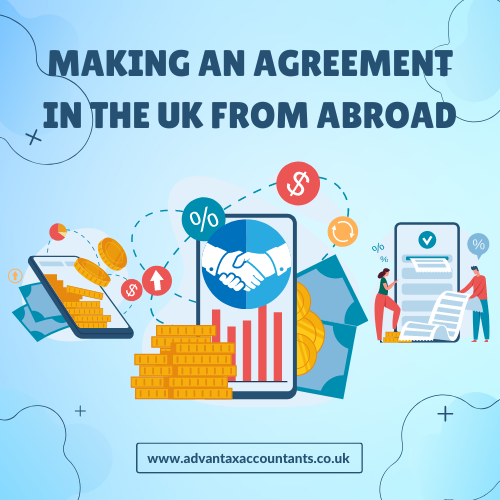In a post-Covid world with travel restrictions and UK property prices continuing to rise, more and more people are considering the opportunity to work abroad. However, contracting in the UK while working abroad needs to be planned and thought through to ensure you take into account tax implications, visas, company formation, work permits, social security contributions, residency, and local tax liability. In this blog, we look at what UK contractors need to know when going and working abroad.
Can I Contract in the UK While Working Abroad?
The simple answer is yes, you can. However, there are rules to follow to ensure you pay the right tax in the right country and spend enough time in the UK if you wish to continue paying UK tax. You also need to consider how to find work abroad and how to live abroad while accessing potential opportunities in the UK.
Two Possible Scenarios When You Work Abroad as a Contractor
What are the first considerations for a UK limited company contractor carrying out commissioned work abroad? There are two options when working as a contractor abroad through your limited liability company:
1) Working abroad for a UK Company
This would be where you are doing the UK work abroad but the client is based in the UK. The UK company will pay you in pounds sterling so this area should be straightforward, unlike working abroad and hiring a foreign company.
2) Working abroad for a Foreign Company
This would mean that you are working as a contractor for a foreign company. If you contract with a foreign company, you will likely be paid in their local currency. As a result, you may need a foreign currency account with your UK bank to avoid them charging you high foreign currency to sterling conversion fees for payments from your overseas contract. More information about this area can be found later in this article.
Can I Use My UK Limited Company to Work From Abroad?
Unfortunately, the UK’s exit from the EU has had an impact on how easy it is for UK residents to work freely abroad – particularly in Europe. This includes using a limited liability company to work abroad¹. If your limited company is already registered in the EU, you can continue to use it for UK and global contracts. But if not, you probably need a self-employed work permit in the country of your choice. These permits can sometimes be difficult to obtain. Because of this, many overseas contractors choose to remain in sole proprietorships or use umbrella companies.
Does IR35 also Apply If I Work Abroad?
The IR35 rules here in the UK ensure that contractors and freelancers who would have been employees if they were providing their services directly to the client pay broadly the same income tax and national security contributions as employees. Working offshore does not mean that IR35 rules do not apply to foreign contractors. For example, contractors working in remote areas such as offshore installations or survey vessels for long periods are not excluded from IR35 if they and their company are residents in the UK for tax purposes.
So IR35 settlement rules may still apply when contracting abroad, but this depends on your residency status, contract type, tax and employment status. Here at “PTA” we can advise you on your IR35 status. The good news is that if you work through an umbrella company, IR35 does not apply. The legislation only comes into play for self-employed contractors who operate through their own Personal Service Company (PSC), Limited Liability Company, or partnership.
Travel Expenses and HMRC’s 24-Month Rule
If you live abroad but accept contracts from the UK, you may need to visit occasionally. For example, you may need to meet with clients or carry out part of your work here. If this is the case and you are resident in the UK for tax purposes, you may be able to claim tax relief on your travel expenses from HMRC. It is important to note that HMRC’s so-called 24-month rule applies². This means that you can only claim travel expenses and other extraordinary expenses – such as a one-off trip to your client’s office – for tax purposes. If you have to travel regularly for a period of 24 months or more, or if you have to spend more than 40% of your time at work, you cannot claim tax relief.
Conclusion
Contracting is still a viable option for many contractors and freelancers looking for new opportunities. With the rise of people becoming “digital nomads” working in a variety of countries, it really pays to seek professional advice and understand the rules that apply to you before making any decisions. Professional experts specializing in assisting contractors such as Advtantax Accountants can provide advice and assistance. For help and advice for contractors and freelancers going abroad call us at 07985689912 or email us at info@ataas.co.uk



